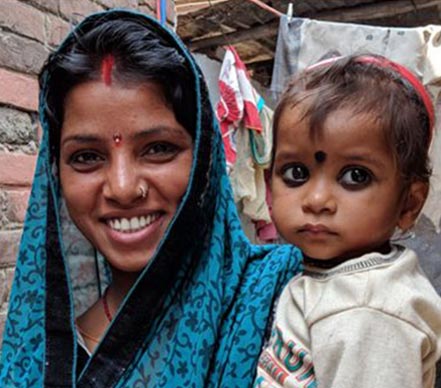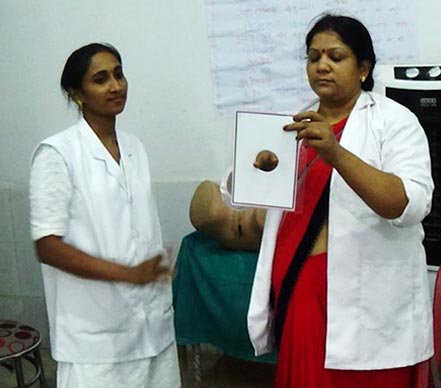CARE India contributes to knowledge management and learning by deploying methodologies to collect and analyse quantitative and qualitative information to derive crucial and actionable insights.
(a) Quantitative Information
- CARE India collects quantitative information from units of analysis and reporting – all blocks and districts – as per the requirement
- To ensure representativeness, the organisation uses multi-stage proportional random sampling with or without systematic component at the household level with a random-start
- The findings are powered for generating estimates, changes in estimates over time and predictors thereof capable of aggregated and disaggregated stratified analysis
- Our sample sizes range from ~1000 to ~80000 respondents.
(b) Qualitative Information
CARE India employs the following qualitative methodologies:
- Focus group discussions: A qualitative research method where a small group of people are brought together to discuss a particular topic, allowing for insights into group dynamics and shared experiences.
- Key-informant interviews: A qualitative research method where a person who has expertise or experience in a particular area is interviewed to gain insights into their knowledge, opinions, and experiences related to a topic of interest.
- Observations/Ethnographies: A qualitative research method where researchers observe and document behaviours, practices, and interactions in a natural setting, aiming to gain insights into the culture and context of a particular community or group.
- Basic Human-Centred Design: A design methodology that focuses on the needs and perspectives of individuals to create effective and user-friendly programmes, services, or systems. It involves user research, prototyping, and iteration to create solutions that meet the needs of women and girls from marginalised communities.
The NGO for women has a proven track record of executing qualitative projects in multiple local languages in major cities, rural, and remote areas.








